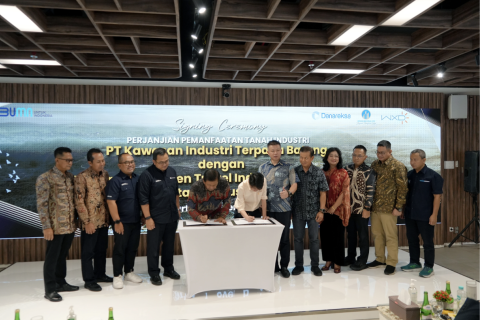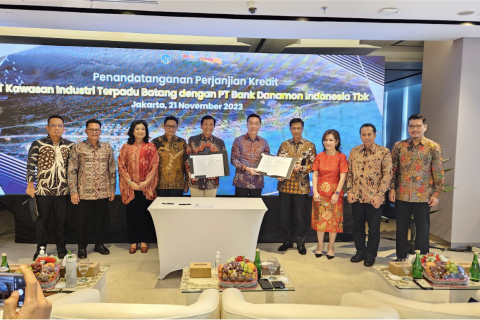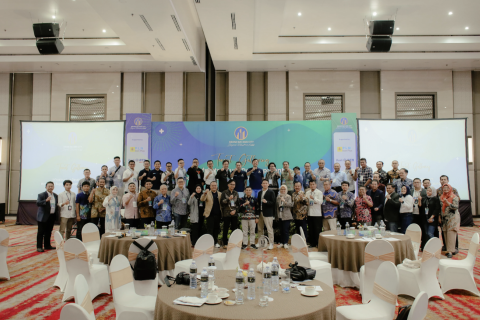POLICY ASPECT
The Government of the Republic of Indonesia is committed to providing full support for the development of the country's economy through a variety of policies, including:
-
-
The issuance of Presidential Regulation No. 109 of 2020 on Strategic National Projects.
-
The issuance of Presidential Regulation No. 106 of 2022 on Strategic National Projects - Accelerating Investment through the Development of the Integrated Batang Industrial Area in Central Java Province.
-
-
-
Government Regulation Number 78 of 2019 on Income Tax Facilities for Capital Investment in Certain Business Sectors and/or in Certain Regions
Government Regulation Number 78 of 2019 on Income Tax Facilities for CapitalInvestment in Certain Business Sectors and/or in Certain Regions
The regulation applies to diverse sectors like manufacturing, agriculture, tourism, and infrastructure. Eligible businesses can gain benefits such as tax exemptions, tax deductions, and accelerated depreciation.
-
Minister of Finance Regulation No. 11/PMK.010/2020 Implementation of Government Regulation No. 78 of 2019 concerning Income Tax Facilities for Capital Investment in Certain Business Sectors and/or in Certain Regions.
This regulation implements Government Regulation No. 78 of 2019 by defining eligible business sectors and regions, tax incentives, and requirements and procedures for obtaining them.
-
Minister of Finance Regulation No. 130/PMK.010/2020 of 2020 concerning the Provision of Corporate Income Tax Reduction Facilities.
This regulation grants corporate income tax reduction facilities, such as tax holiday and tax allowance, to taxpayers who meet certain requirements.
-
The Investment Coordinating Board Regulation No. 7 of 2020 on the Details of Business Fields and Types of Production of Pioneer Industries as well as the Procedures for Providing Corporate Income Tax Reduction Facilities.
This regulation defines pioneer industries and sets out the procedures for obtaining pioneer industry status.
-
In our strategic approach to industry development, we have identified five key priorities that form the core of our economic agenda.
Attracting international capital to bolster economic growth and innovation through strategic partnerships and investments.
Fostering cutting-edge sectors to drive technological advancements, enhance competitiveness, and position the nation as a leader in emerging markets.
Prioritizing domestic workforce integration to stimulate employment opportunities, enhance skill development, and contribute to sustainable economic development.
Encouraging the production of domestically manufactured goods to reduce reliance on imports, bolster self-sufficiency, and fortify the resilience of the national economy.
Promoting the adoption and development of sustainable energy sources to mitigate environmental impact, enhance energy security, and contribute to a greener and more sustainable future.



